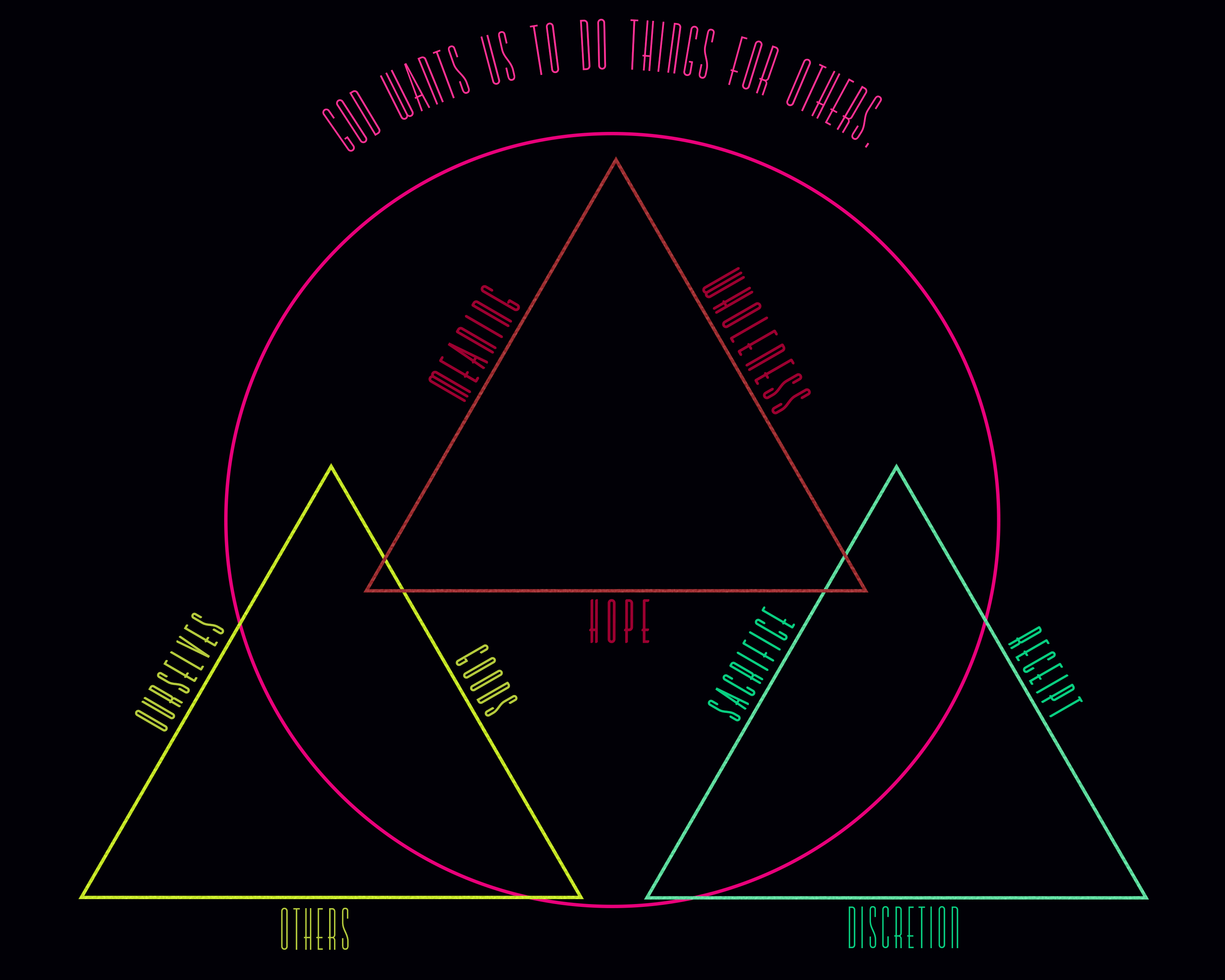We do a couple of cool things as a family for Christmas to try and combat the craze of consumerism.
We divide the gifts we’ve purchased (or received from family and friends) for each kid into twelve. We then celebrate the twelve days of Christmas, where each day (beginning on the 14th) the kids open one gift at the end of the day. Usually the first few days the gifts are things like socks or pajamas, with the more special gifts (gifts over $5) coming after the 20th. Santa still brings the big ticket item on Christmas Day. Every day, when the kids open their gifts, we take a video of their reaction and a short thank-you message from them to the people who gave them the gift and post it on a private YouTube account so family and friends from far off can share in our festivities.
Since we’ve started doing this (an idea we stole, by the way, from our friend Barb DeMann) we’ve noticed a huge reduction in Christmas greed as well as a greater appreciation for each gift. Gone is the panicky anxiety of Christmas morning where our over-stimulated children cry because they’ve opened every gift and cannot find half of them and have broken two of them before lunch.
One year, one of our gifts for the twelve days was a set of three jars for each of them—one marked giving, one marked saving, and one marked spending. The three jars were to help them budget. Twenty-five cents of their allowance goes in the giving jar, and 25 cents goes in the saving jar, and the rest stays in the spending jar. The idea, taken from Randy Alcorn, was to teach our children that they should set aside money – first! – for giving and for saving, and then live off of the rest. The three jars line up left to right, so it’s clear that money may be moved from spending to either saving or giving, and from saving to giving (both of which are left-to-right moves) but not ever moved out of the giving jar (until, of course, it’s time to give).
Of course, after Jake’s first outburst about God stealing his money we’re pretty much prepared for anything. In our minds, it’s better to deal with these greedy and selfish attitudes now while the kids are young, than to let these attitudes take root in their lives for a few dozen years before the Holy Spirit finally gets hold of them.
And, of course, there are no guarantees. My parents taught me well, but it still took almost a decade of financial stupidity for me to wake up to the reality of how money works and to whom it belongs. I do believe, though, that if not for them and our pre-marital counselor, Mike, we’d still be in debt up to our eyeballs.
The stuff you teach your kids matters. It won’t eliminate every problem, temptation, or stupid idea from their lives but it will help them get back on track faster once they realize the error of their ways.
fossores
Related posts
Categories
Category Cloud
Tag Cloud
Recent Posts
- Victors and Victims November 6, 2018
- 3 Hacks for Happiness October 29, 2018
- Hope Against Death September 20, 2018
- The Shape Of The Cross September 19, 2018


